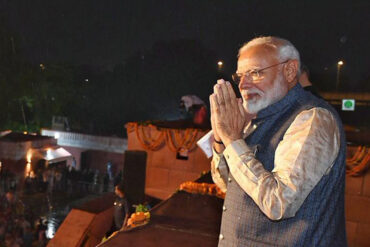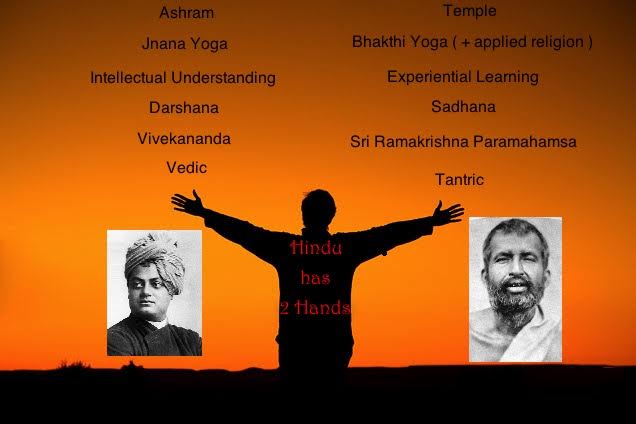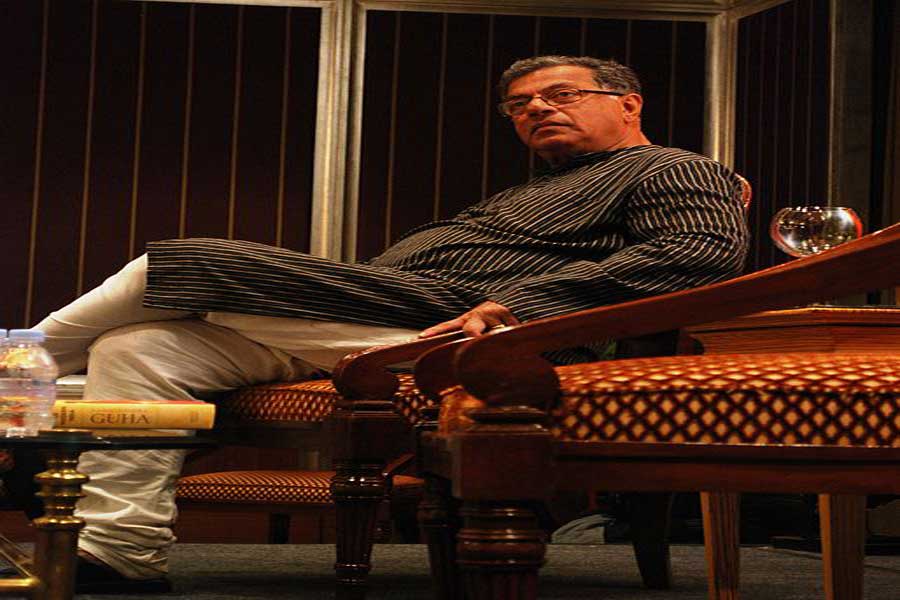By Rahul Easwar
(A response to K. Surendran’s stand that women should be allowed in Sabarimala.)
I have immense respect for Sri Surendran. He is one of the most vibrant orators and political leaders Kerala has, along with Sakhav Swaraj, Sri R.V. Rajesh, and the Muslim League’s Sri KM Shaji.
Let me express my firm yet humble disagreement with Mr. Surendran over his stance on Sabarimala. As you may have already noted, the BJP has officially distanced itself from the comments and the Aam Hindu Aadmis have come out strongly against his statement.
Let me explain the philosophical paradigm and premise of this. Political Hindutva’s father is Veer Savarkar. A spiritual Hindu owes a lot to Vivekananda and Gandhiji. All of them were great Indians and were born in the Hindu community. But with all due respect to Veer Savarkar, he was an atheist and cultural Hindu, like Mohammed Ali Jinnah was an atheist and cultural Muslim.
I respect all cultural Hindus and cultural Muslims. But, spiritual Hindus and spiritual Muslims like Gandhiji and Moulana Abdul Kalam Azad were more inclusive, secular, pluralistic and had proven good for the subcontinent.
The Hindu body framework has two hands; much like we have two hands in our body. The more important right hand is Vedic philosophy or Darshana. But that is not all. We have the other left hand, Tantric, which is more of experiential learning or Sadhana.
The RSS and the BJP have strong roots in the Vedic culture as well as texts and scriptures called the Vedas. We all accept the Vedas. That’s why even the Courts have borrowed the words ‘Satyamev Jayathe’ from the Upanishads. However, we shouldn’t ignore the other hand. The other hand is the hand for the masses and the hand of the masses.
A great majority of regular Hindus, including me, are not Vedic scholars. We believe in temple, Tantra, deity worship,etc. For example: A temple is not a prayer hall and there is no God in temple. As per Tantra, a temple is an energy centre and the deity is the source of energy or “chaithanya”. A lot of research has gone into this area in the modern times and maybe science will validate Tantra in the coming years.
Every temple has a different deity and a different bhava and mool mantra. For instance: Sastha in Kulathupuzha is different from Sastha in Sabarimala.

In the latter, Sastha is in the form of Ayyappa, the ‘Naishtik Brahmachari’. Many people think that this is an “argument botched up by Rahul Easwar to defend Sabarimala”. I have heard these kinds of allegations from Arnab Goswami. Even The Economic Times and Deccan Chronicle published articles saying that I have coined this term to defend Sabarimala in the Supreme Court.
In 1991, the Kerala High Court pointed out that the deity of Sabarimala Ayyappa is in ‘Naishtik Brahmacharya’, when I could barely say “Swamiye Saranam Ayyappa”. Lakhs of women come to Sabarimala every year. The age regulation only applies to young women. I have repeatedly pointed out to the national media and the Supreme Court that in the Sabarimala case, it is “not gender discrimination but age regulation”.
Mr. Surendran comes from the RSS background. This organisation doesn’t allow women and only its outfit Rashtra Sevika Samiti allows women’s participation. Similarly, women have Attukal and Chakkulathukavu in Kerala. If there are male poojaris, there are female poojaris in Mannarsala too. There are temples where menstruation is celebrated. My grandmother validates this in Chenganoor Devi Temple (Tripoothu).
I concede that it is the mistake of people like me who failed to convince Mr. Surendran about these Tantric practices. I would like to communicate and convey the other side of the story to him.
The greatness and grandness of India is in her diversity, with so many religions, languages, races, castes and categories. “I love my country’s rich and varied heritage..”, is a line from the pledge that we have assimilated like a mantra in us. Sabarimala is a part of that rich and varied heritage. Let us celebrate all such diversity.







